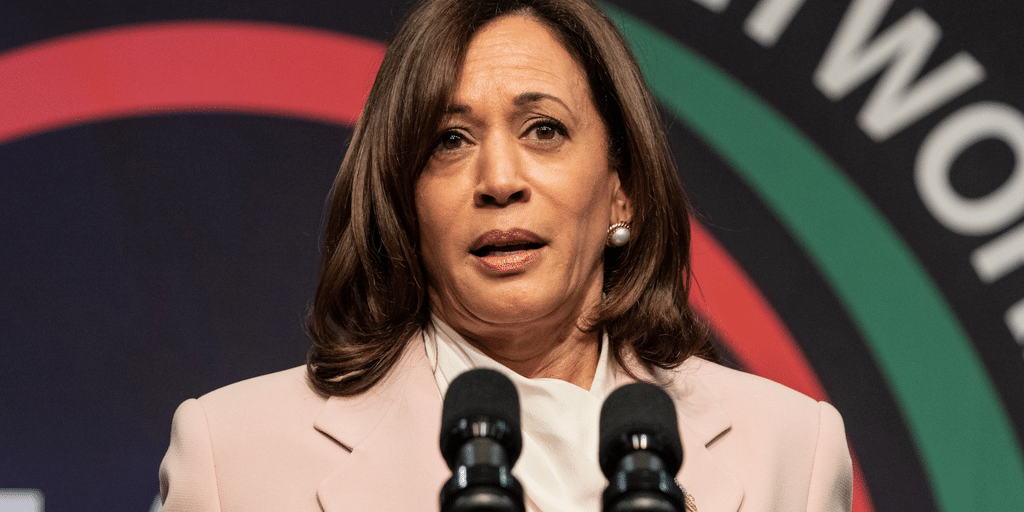In recent developments within the US political sphere, a digital town hall meeting was underscored by a firm commitment from Senate Majority Leader Sen. Chuck Schumer (D-NY) to pass significant crypto legislation by the year’s end. This move highlights a pivotal moment for digital assets and blockchain technology, situating them at the forefront of legislative priorities in the United States.
crypto Legislation A Top Priority
During the digital assembly, Schumer emphasized the urgency and necessity of addressing cryptocurrency within the legislative framework. The intent is clear: to navigate the fine balance between fostering innovation within the crypto space and establishing a set of common sense guardrails. This approach seeks to avoid the pitfalls of excessive regulation or, conversely, a laissez-faire attitude that could potentially drive the burgeoning industry to jurisdictions with minimal oversight.
Interestingly, the discussion wasn’t confined to legislative efforts alone but extended into the broader implications for bipartisan cooperation and the future administration’s stance on digital assets. The dialogue positioned cryptocurrency regulation not as a partisan issue but as a bipartisan concern that transcends political divisions.
Bipartisanship in Digital Asset Regulation
Throughout the 90-minute livestream, the conversation reiterated the significance of making cryptocurrency regulation a positive and bipartisan endeavor. Anthony Scaramucci, a prominent investor and managing partner of a crypto-focused investment firm, voiced a collective industry call for a reduction in tribalism within the crypto regulatory discourse. This sentiment was echoed by Rep. Wiley Nickel (D-NC), who stressed the importance of maintaining digital assets and blockchain technology as non-partisan, thus avoiding the risk of stagnation in legislative progress due to political deadlock.
Political Figures on Cryptocurrency
The event didn’t shy away from addressing the varied stances of political figures on the matter of digital assets. Remarks made by former President Donald Trump labeling cryptocurrency as a scam were contested, highlighting a stark contrast in perspective among political leaders and indicating an underlying partisan divide on the subject of cryptocurrency. However, despite these differences, the emphasis remained on the potential for bipartisan support for sensible crypto regulation.
Notably, the conversation underscored the importance of support from both political parties for the advancement of the crypto industry. The narrative shifted from focusing merely on individual or partisan gain towards recognizing the broader, egalitarian potential of cryptocurrency to create unequalled opportunities for economic participation and innovation.
Future Directions and Global Perspectives
Sen. Schumer’s commitment to passing crypto legislation is not just about domestic policy but also about positioning the United States as a leader in the global digital assets space. The initiative aims to circumvent the risks associated with a lack of regulation, which could potentially see the crypto industry migrate to countries with more lenient regulatory environments.
The dialogue during the town hall meeting also alluded to a reset in relations with the future administration, suggesting a concerted effort to build bridges between the cryptocurrency industry and potential future policymakers. Such efforts are indicative of a strategic approach to ensure that the United States remains at the forefront of innovation while safeguarding the integrity of its financial systems and protecting consumers.
Conclusion: A Balanced Approach to crypto Regulation
In conclusion, the event highlighted a collective desire among legislators, industry professionals, and political figures to foster an environment conducive to the growth and responsible regulation of the cryptocurrency industry. Through bipartisan cooperation and a clear focus on innovation and safety, there is a hopeful outlook for the development of comprehensive crypto legislation. Such endeavors not only promise to secure the United States’ position in the global digital asset landscape but also pave the way for inclusive financial participation, reinforcing the democratic values that underpin the nation’s political and economic systems.
The commitment to making cryptocurrency regulation a bipartisan issue underscores an essential recognition of digital assets’ potential to transform the economic landscape. As discussions continue and legislative efforts advance, the focus on balancing innovation with regulation promises to guide the United States into a new era of financial technology and economic opportunity.
